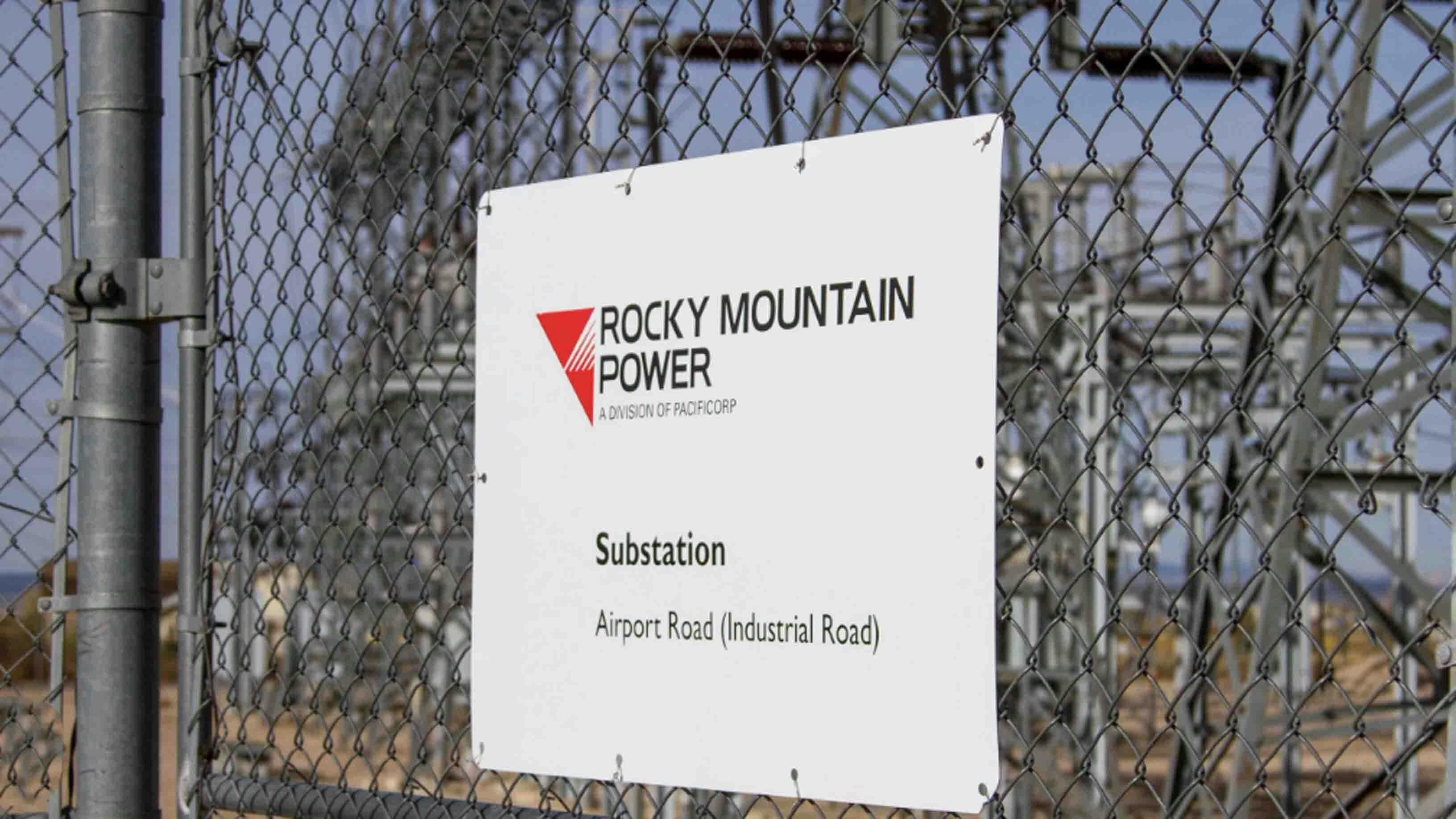This year is so far shaping up to become one of reform for how electric utilities can operate in Wyoming.
Frustration with electric utility Rocky Mountain Power’s rate case last year is at the heart of some of the proposed reform legislation that officially moved Tuesday from the Wyoming Senate to the House for consideration.
The effect of the Senate’s completion of work is that the electricity-related proposals stand a significantly better chance of becoming law in Wyoming.
Perhaps one of the Senate’s biggest endorsements came with passage Tuesday of legislation that modifies the state’s controversial carbon-capture mandate passed nearly four years ago.
The legislation, Senate File 42, would delay the deadline to install coal plant carbon-capture retrofits to 2038, eight years beyond the current date.
Other Changes
The proposal changes to 75% the minimum standard of capturing greenhouse gas emitted into the atmosphere from the current 90% level.
The amended SF 42 also would require storage technology that annually captures not less than 18,750 metric tons of carbon dioxide emitted by a coal-fired power plant. The level of emissions in metric tons, as spelled out in the legislation, equates to about 20,668 U.S. tons of carbon dioxide.
The proposal exempts electric utilities with fewer than 10,000 customers, which is in response to some utilities that believe installing carbon capture systems on aging power plants could cost hundreds of millions of dollars – especially if they had to comply with a 2030 deadline. That kind of aggressive deadline could hurt smaller utilities financially.
The 2038 deadline should give utilities more time to comply and spread out capital costs over a longer period. The delay helps ratepayers absorb possibly higher charges from the utilities, who eventually pass along these kinds of extra charges to their customers.
Beginning July 1, each public utility must file with the Public Service Commission, the regulator of public utilities in Wyoming, an annual report outlining the steps the utility has taken in the past year to install its carbon capture technology.
More Electricity Legislation
The Wyoming Senate also moved other legislation along Tuesday.
These proposals included Senate File 23, which establishes an “independent” solicitation process for public utilities considering new power generation sources, and Senate File 24, which directs the PSC to review a public utility’s long-range planning with the aim of providing guidance on what is best for Wyoming.
The review outlined by SF 24 directs the PSC to consider demand and energy forecasts by the affected utility for not less than a 10-year period.
The proposal grew out of concerns raised during last year’s rate case discussions with Rocky Mountain Power over its integrated resource plan, or IRP as it is known in utility-speak.
Utilities use an IRP as a kind of roadmap to weigh the balance between old fossil-fueled power plants and new generation sources, such as alternative ones like wind and solar.
Critical Infrastructure
Small micro-nuclear power plants could also become of part of future IRPs for Rocky Mountain Power, an electric utility unit in Wyoming owned by Portland-based PacifiCorp.
The nation’s first small nuclear demonstration plant is being built in Kemmerer in the shadow of Rocky Mountain Power’s aging Jim Bridger power plant, located 10 miles north of Point of Rocks. Jim Bridger is now being converted to a natural gas-fired plant from a coal burning one.
The Wyoming Senate also pushed forward a proposal to ban foreign ownership of critical infrastructure over to the House for consideration.
The bill — called Senate File 102 — emerged after a Cheyenne-based blockchain company filed a lawsuit year against Chinese companies that allegedly pushed it out of business.
Sean Murphy, who represents Bison Blockchain, testified Feb. 19 before a Senate committee that he supported the proposal because of how his company was mistreated.
Murphy claimed in his $22 million lawsuit against a conglomerate of Chinese companies that they exploited Wyoming’s business and land-use laws, and took advantage of state regulations to push locals out of business.
The proposal moved forward despite some trona miners in the Sweetwater County area that are largely owned by foreign entities.
Wyoming’s office of homeland security would designate the critical infrastructure and military installation zones where “prohibited foreign parties” shall not hold or acquire real estate.
Recovering Money
On the House side, lawmakers approved Senate File 20, a measure aimed at recovering some electric utility rate increases for ratepayers.
The proposal, which is sailing through the legislative process, received a ringing endorsement on Tuesday with a second reading. The third reading of the proposal puts the legislation a heartbeat away from the governor’s desk.
The Senate moved the proposal over to the House for consideration on Feb. 15.
The proposal would better define what a utility could recover in costs that do not benefit ratepayers – especially those coming from wind and solar farms where power sometimes gets shipped out of state.
The proposal would direct Wyoming’s PSC to conduct a cost-benefit analysis of multi-state, systemwide facilities to determine how much a power plant benefits ratepayers in Wyoming versus customers in western states — like California, Washington and Oregon.
Pat Maio can be reached at pat@cowboystatedaily.com.





